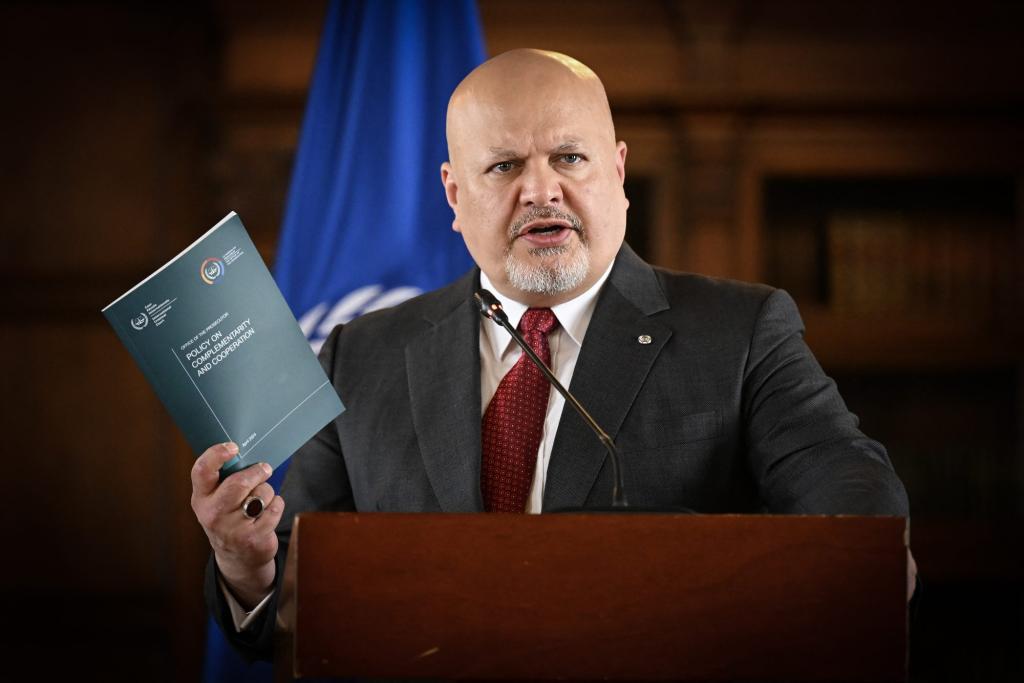The International Criminal Court has moved to issue arrest warrants for the leaders of Israel and Hamas for war crimes while the war is still being waged, a significant development in international justice. The charges include causing extermination, using starvation as a method of war, and deliberately targeting civilians. The United States is criticized for supporting Israel’s actions with decades-long economic and military support, contributing to the ICC’s decision. The ICC’s actions pose broader political and ethical questions about international law and accountability, potentially changing how global justice is pursued and perceived.
Some argue that the ICC’s decision to prosecute Israeli leadership, including Prime Minister Benjamin Netanyahu, is laughable and lacks enforcement capabilities. There is a misconception that the Israel-Hamas war is a conflict where both sides are guilty, but some argue that Hamas is at fault for the violence. President Biden’s response to the ICC’s decision to issue arrest warrants against Netanyahu and Gallant, including labeling it scandalous, is criticized for being complicit in supporting Israel’s alleged genocide through arms supply. The ICC’s mandate to prosecute military and political leaders responsible for international crimes and human rights violations is brought into question, with some arguing that the court is not a neutral institution and has ulterior motives.
The decision to prosecute Israeli leaders by the ICC is likely to backfire and cause a tear in the fabric of the court, as it could damage the court’s relationships with countries that support Israel or Hamas. Supporters of the ICC claim that the court is a neutral institution, but the decision to charge Hamas leaders may be a ploy to maintain the appearance of neutrality, with potential consequences for the court’s existence. With conflicting statistics about casualties in Gaza from both the Israeli government and Hamas officials, some argue that a trial could help uncover the facts and hold those responsible for war crimes accountable.
Ultimately, the ICC’s decision to issue arrest warrants against Israeli and Hamas leaders for war crimes while the conflict is ongoing raises questions about international justice, accountability, and political influence. The court’s actions have sparked debates about neutrality, enforcement capabilities, and the potential consequences of such prosecutions on global relations. As the situation continues to unfold, it remains to be seen how the ICC’s actions will impact the pursuit of justice in conflict zones and the perception of international law.


